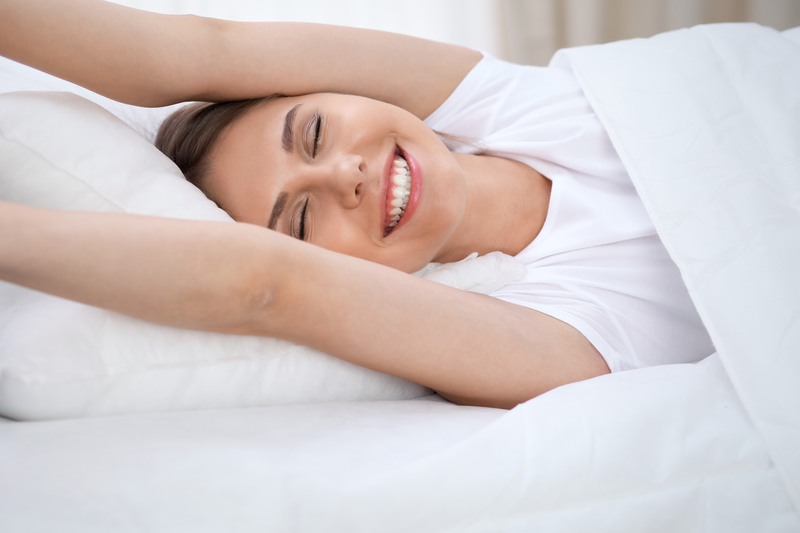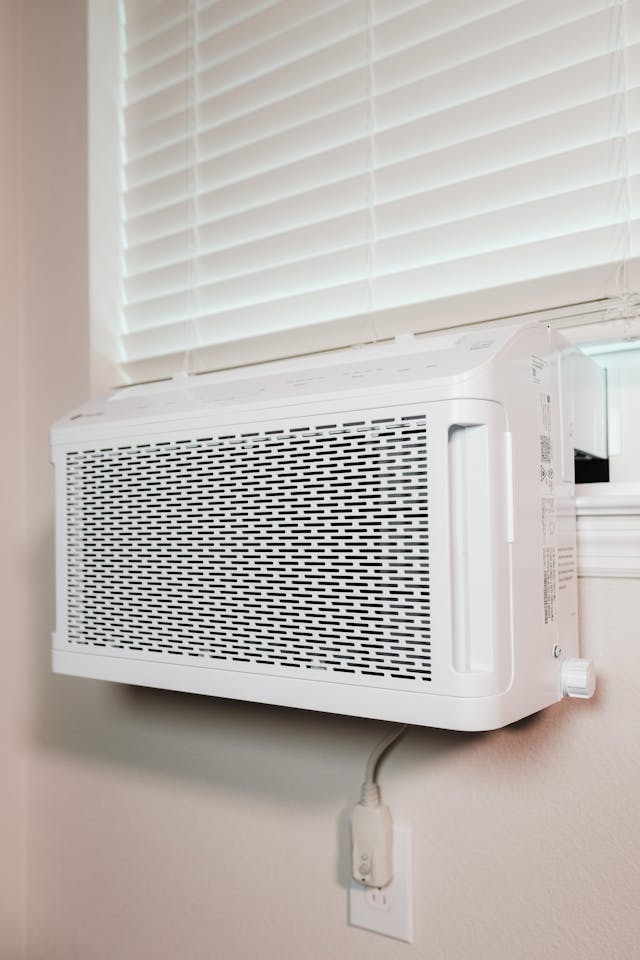Sleep is one of the most important things in life. Most people will spend around a third of their time on Earth sleeping, and this shows just how big a role it can play in your life. Of course, though, having your sleep disrupted can be incredibly frustrating. There are loads of medical conditions out there that can make it harder to sleep, and this article is going to be exploring them so that you can learn how to start making a difference for yourself. Let’s dive right in.
Tinnitus
Tinnitus is a condition that usually originates with your ears. People living with tinnitus will usually hear a near-constant high-pitched noise that seems to come from inside their heads, making it extremely difficult to focus on tasks and communication. It can also impact sleep, though, and this means that those living with tinnitus will often find themselves struggling to sleep at night. It will be well worth speaking to an audiologist if you find yourself experiencing tinnitus, even if you feel as though your ears are completely healthy.
Sleep Apnea
Sleep apnea can often sound like someone is snoring very loudly, though this is far more serious. Those living with sleep apnea will experience their breathing stopping and starting when they go to sleep. Sometimes this will be minor and easy to ignore, but it can also be very unpleasant when it is intense. You can find information on sleep apnea treatment on the web, and it will always be worth looking for help when you are experiencing something like this.
Incontinence
Incontinence is most common in later life, though many other medical conditions can cause this sort of thing in young people. Waking up to find yourself on wet sheets can be very difficult, and many people struggle to cope with this sort of issue. It will always be worth seeing a doctor as soon as possible if you find yourself in this position. Most people will be able to get some help, with medications and other treatments available for various forms of incontinence. In some cases, this sort of issue will get better over time.
Menstruating
Okay, so menstruation isn’t a medical condition, but it can still impact your sleep in ways that many ladies don’t realize. Those who live with extremely heavy periods will often experience cramps and other pains while they go through this process, while also having to endure a hormonal imbalance that makes them feel uncomfortable. The physical discomfort that comes with something like this can be solved with modern technology, but you may need to get medical support with the rest of it.
As you can see, there are loads of medication conditions out there that can impact your sleep. Most people want to get as much sleep as possible each night, but this will only be possible if you look after your health and make sure that you cover areas like these.


